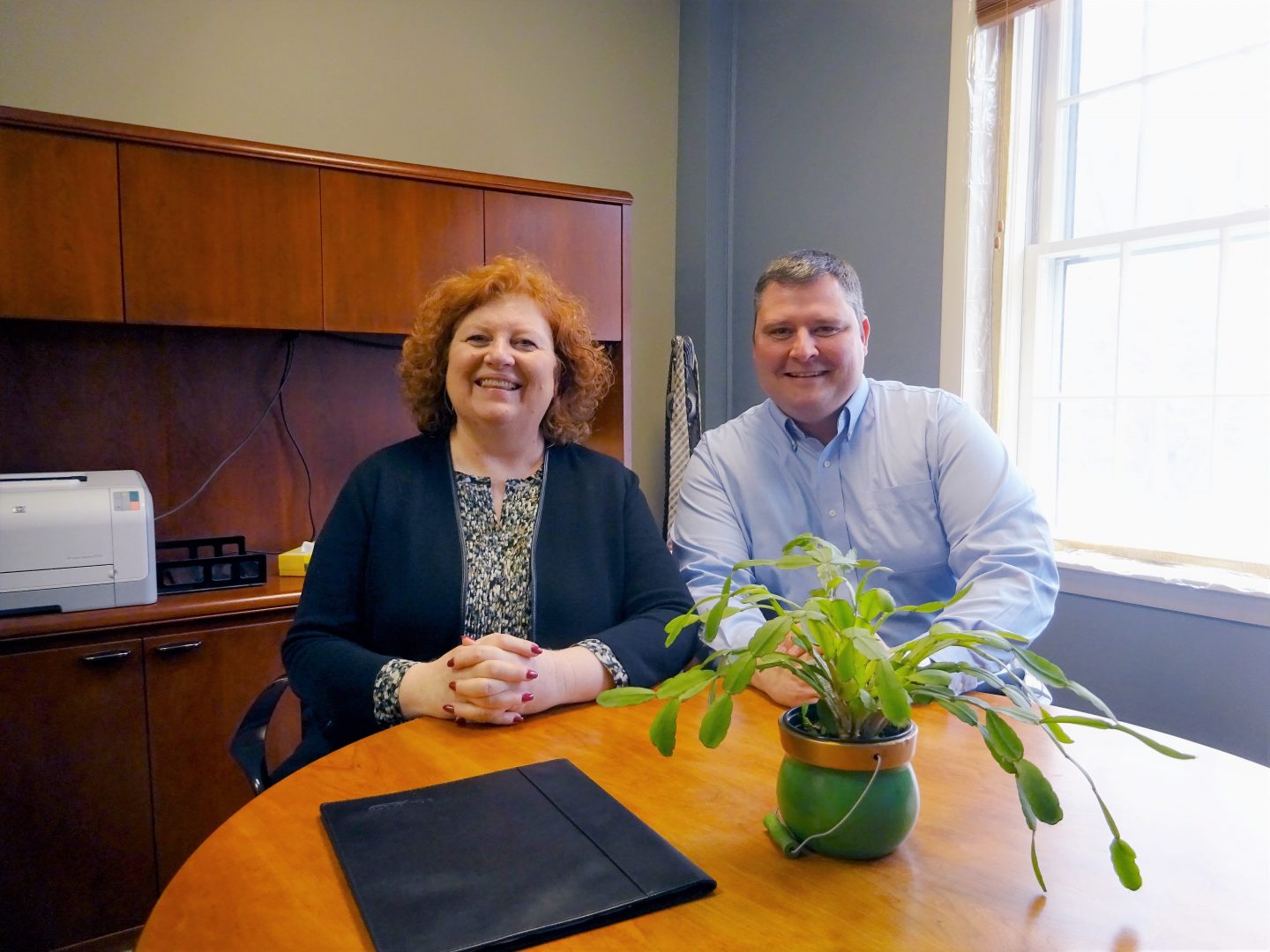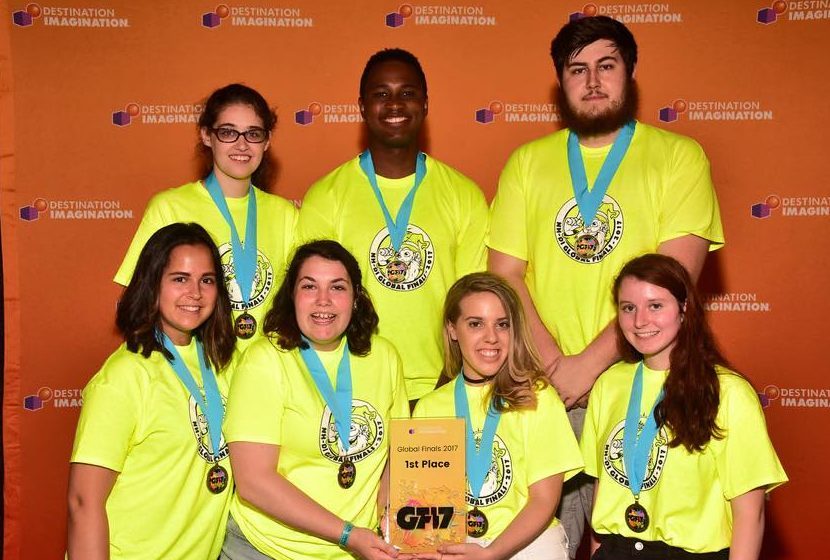Navigating the offerings at the SNHU Dining Hall can be challenging, especially for those with a dietary restriction or those on a weight management plan. Steering clear of an allergen or maintaining a healthy way of eating may serve as an additional source of stress for many students, and many of whom are already dealing with stress associated with excessive class loads, jobs and extra-curriculars. However, students don’t have to tackle this issue on their own.
Registered Dietician Kristen Chulada is the campus’ authority on health and nutrition. She has numerous roles here on campus that focus on keeping students healthy and safe. Because everyone has unique and individualized dietary needs, Chulada can help them determine a meal plan that works for their body and lifestyle.
Chulada’s interest in wellness began at a young age. She was heavily interested in sports in high school, and her parents both had health-oriented careers.
“My mother is a registered dietician. She works in the geriatric population…there was a lot of just learning about nutrition growing up. My father is a health and P.E. teacher at a high school, plus he’s the athletic trainer. So [while] growing up I had a lot of their influences coming in,” said Chulada.
Becoming a registered dietician is a lengthy process. A Bachelor’s Degree is required from an accredited university and the program involves applying for a dietetic internship, which can be a very stressful undertaking.
“There’s about a fifty percent match rate for the country. Unlike grad school, for example, where you can apply to a bunch of different grad schools and you get into one, for dietetic internships you either get matched for one or you do not get matched,” said Chulada.
The internship begins after graduation and it is unpaid and lasts one to two years. The program requires supervised practice that includes clinical, foodservice and community hours and additional coursework. The final step involves taking a national exam. Passing this exam will confirm the student’s title as a registered dietician.
Chulada obtained her Bachelor’s Degree from the University of New Hampshire (UNH) before completing her internship at University of Massachusetts-Amherst (UMass). In addition to being a registered dietician, Chulada is also a certified personal trainer through the American College of Sports Medicine.
To be a successful dietician, Chulada said listening skills are key.
“Being able to just listen to the people you’re working with and trying to understand that everybody is coming from a different place with food [is necessary]. Food is personal. Everybody has a different experience,” said Chulada in reference to what skills are needed to be a dietician.
At SNHU, one of Chulada’s most prominent roles is working with students with dietary restrictions. She makes sure that the dining center is always offering adequate dairy-free, gluten-free and vegan options. She also ensures that the dining hall staff is up to date on food allergy protocol including avoiding cross-contamination of common allergens.
Additionally, Chulada offers free one-on-one nutrition counseling for students, faculty and staff. She also does counseling and presentations for sports teams as well as student groups and incoming students during orientation.
Chulada added that “another big part is being up-to-date on research…being able to dig into the research and stay up to date with that.”
Recognizing that everyone has a different frame of mind regarding food, and that everyone has different dietary requirements, is profoundly important. Being able to explore a variety of options and refraining from pushing one’s own dietary philosophy on an individual is a very important aspect of a dietician’s job description. Chulada’s lifelong experience and interest in wellness has made her adept in this skill.
Students can contact Chulada through email or phone, both of which can be found on https://dinesnhu.sodexomyway.com/explore/nutrition and on Chulada’s poster in front of the daily dish station in the dining hall.




